The blast-wave or explosion front buffeted the flyer while she was still partially inert and while Cloud was almost blacked
out and physically helpless from the frightful linear and angular accelerations. The impact broke his left arm and right leg;
the only parts of his body not pressure-packed. Then, milliseconds later, the debris began to arrive.
Chunks of solid or semi-molten rock slammed against the hull, knocking off wings and control-surfaces. Gobs of viscous
slag slapped it liquidly, freezing into and clogging up jets and orifices. The little ship was knocked hither and thither by
forces she could no more resist than can a floating leaf resist a cataract; Cloud's brain was addled as an egg by the vicious
concussions which were hitting him so nearly simultaneously from so many different directions.
The concussions and the sluggings lightened ... stopped ... a vast peace descended, blanket-wise. The flitter was free—was
riding effortlessly away on the outermost, most tenuous fringes of the storm!
Cloud wanted to faint, then, but he didn't—quite. With one arm and leg and what few cells of his brain were still in
working order, he was still in the fight. It did not even occur to him, until long afterwards, that he was not going to make
any effort whatever to avoid death.
Foggily, he tried to look at the crater. Nine-tenths of his visiplates were dead, but he finally got a view. Good—it was out.
He wasn't surprised—he knew it would be.
22
His next effort was to locate the secondary observatory, where he would have to land; and in that, too, he was successful.
He had enough intelligence left to realize that, with practically all of his jets clogged and his wings and tail shot off, he
couldn't land his flitter inert. He'd have to land her free.
Neal Cloud was not the world's best pilot. Nevertheless, by dint of light and somewhat unorthodox use of what few jets he
had left, he did land her free. A very good landing, considering —he almost hit the observatory's field, which was only one
mile square—and having landed her, he inerted her.
But, as has been intimated, his brain wasn't working quite so good; he had held his ship inertialess for quite a few seconds
longer than he thought, and he did not even think of the terrific buffetings she had taken. As a result of these things,
however, her intrinsic velocity did not match, anywhere nearly, that of the ground upon which she lay. Thus, when Cloud
cut his Ber-genholm, restoring thereby to the flitter the absolute velocity and the inertia she had before going free, there
resulted a distinctly anticlimactic crash.
There was a last terrific bump as the motionless vessel collided with the equally motionless ground; and 'Storm' Cloud,
Vortex Blaster, went out like the proverbial light.
Help came, of course; on the double. Cloud was unconscious and the flitter's port could not be opened from the outside, but
those were not insuperable obstacles. A plate, already loose, was torn away; the pilot was undamped and rushed to Base
Hospital in the 'meat-crate' standing by.
Later, in a private office of that hospital, the head of the Vortex Control Laboratory sat and waited—not patiently.
'How is he, Lacy?' he demanded, as the surgeon-marshal entered the room. 'He's going to live?'
'Oh, yes, Phil—definitely yes,' Lacy replied, briskly. 'A very good skeleton; very good indeed. His screens stopped all the
really bad radiation, so the damage will yield quite readily to treatment. He doesn't really need the Phillips we gave him—
for the replacement of damaged parts, you know—except for a few torn muscles and so on.'
'But he was pretty badly smashed up—I helped take him out, you know—how about that arm and leg? He was a mess.'
'Merely simple fractures—entirely negligible.' Lacey waved aside with an airy gesture such minor ills as broken bones.
'He'll
23
be out in a couple of weeks.'
'How soon can I see him? Business can wait, but there's a personal matter that can't.'
'I know what you mean.' Lacy pursed his lips. 'Ordinarily I wouldn't allow it, but you see him now. Not too long, though,
Phil; he's weak. Ten minutes at most.'
'QX. Thanks.' A nurse led the visiting Lensman to Cloud's bedside.
'Hi, stupe!' he boomed, cheerfully. ' "Stupe" being short for "stupendous", this time.'
'Ho, chief. Glad to see somebody. Sit down.'
'You're the most-wanted man in the galaxy, not excepting Kimball Kinnison. Here's a spool of tape, which you can look at
as soon as Lacy will let you have a scanner. It's only the first one. As soon as any planet finds out that we've got a sure-
enough-vortex-blower-outer who can really call his shots—and that news gets around mighty fast—it sends in a double-
urgent, Class A Prime demand for you.'
'Sirius IV got in first by a whisker, but it was a photo finish with Aldebaran II and all channels have been jammed ever
since. Canopus, Vega, Rigel, Spica. Everybody, from Alsakan to Zabriska. We announced right off that we wouldn't
receive personal delegations—we had to almost throw a couple of pink-haired Chickladorians out bodily to make them
believe we meant it—that our own evaluation of necessity, not priority of requisition, would govern. QX?'
'Absolutely,' Cloud agreed. 'That's the only way to handle it, I should think.'
'So forget this psychic trauma ... No, I don't mean that,' the Lensman corrected himself hastily. 'You know what I mean.
The will to live is the most important factor in any man's recovery, and too many worlds need you too badly to have you
quit now. Check?'

 2024-11-29 7
2024-11-29 7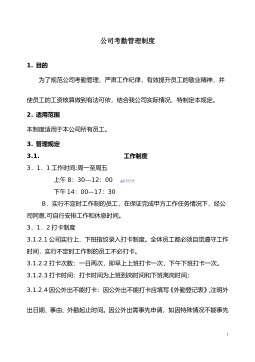
 2024-11-29 9
2024-11-29 9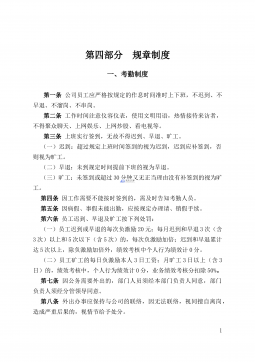
 2024-11-29 10
2024-11-29 10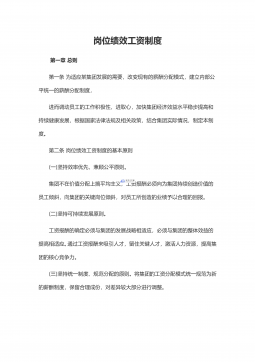
 2024-11-29 10
2024-11-29 10
 2024-11-29 11
2024-11-29 11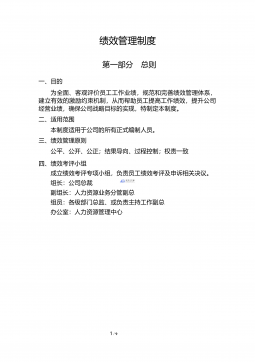
 2024-11-29 12
2024-11-29 12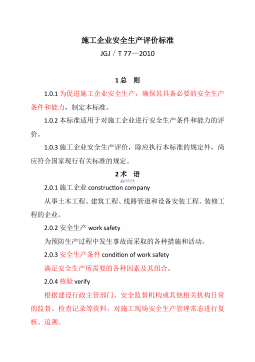
 2024-12-14 196
2024-12-14 196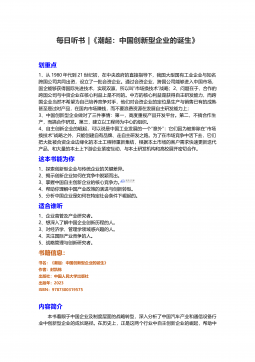
 2024-12-14 59
2024-12-14 59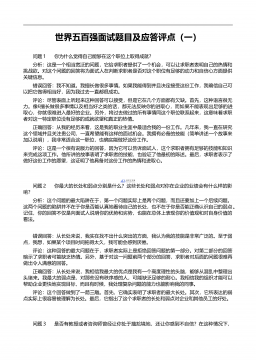
 2024-12-15 67
2024-12-15 67
 2025-01-13 134
2025-01-13 134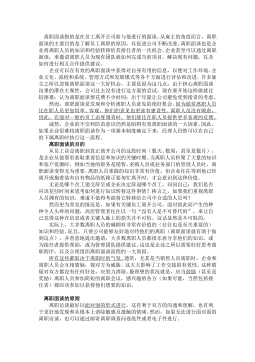
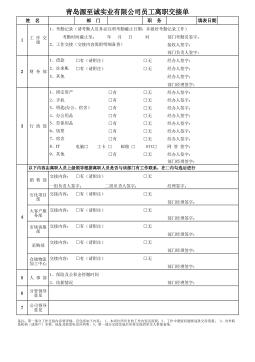
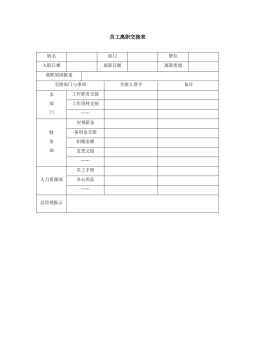
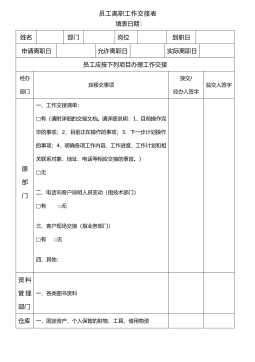
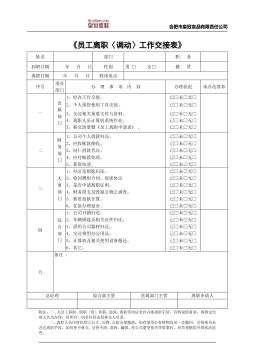



 渝公网安备50010702506394
渝公网安备50010702506394
